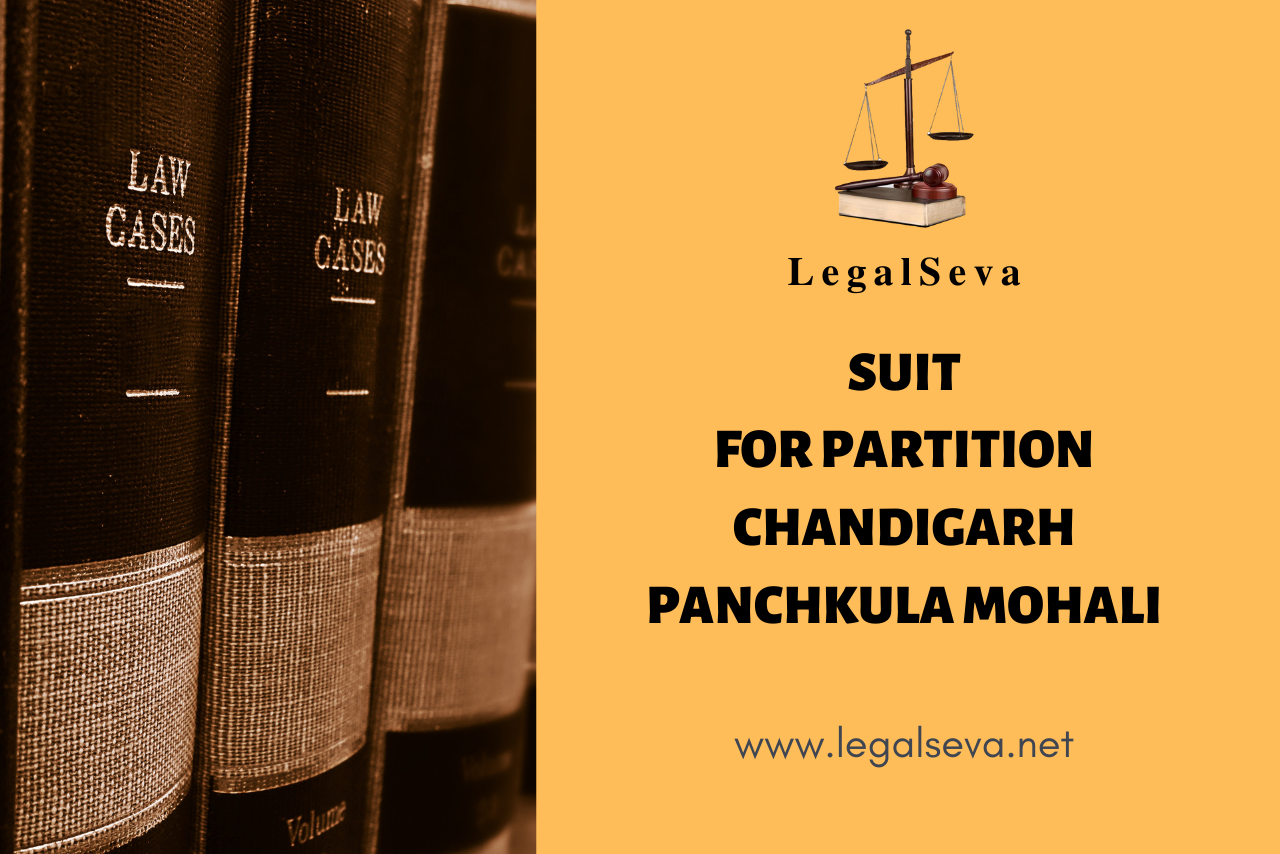Last Updated on April 12, 2020 by Legalseva.net
The right over property was a fundamental right pre 1978 but after the 44th Amendment Act eliminated Right to property from Fundamental Right to Legal Right under Article300 and Article 31(a) of the Indian Constitution. It means Right to property was began to develop with the time of birth in a family. The term partition generally means division of a jointly held property from a part of whole along with the rights. Each of the part which has been separated having its own existence is called as partition. A valid partition covers joint title of the parties into exclusive title of shareholders. Accordingly it converts joint possession of the co-owners into exclusive possession of each share-holder.
In simple words partition can be termed as re-distribution of adjustment of the pre-existing rights, among the co-owners resulting a division of land or other properties. A partition can only be done among those who share their interest in it. Generally partition suit is filed in case where ancestor property did not get any share or who are not satisfied with the settlement for the disposal of ancestral property. It can be filed by two or more persons affecting against all the legal heir of the property .A person having no share of interest cannot be a party for partition. The partition of suit is filed when a legal notice has gone disregarded.
Also Read- Types of Cases in Panchkula Kalka District Court
LAW GOVERNING PARTITION OF SUIT
In case of Hindu’s law relating to property and partition is governed by-
Hindu Succession Act, 1956 is the law related to partition in Hindu Joint Family
The Hindu Undivided Family and The Partition Act of Property ,1892 governs the partitions related to Jointly-owned property.
Besides this The Partition Act, 1893 The Code of Civil Procedure, 1908 and The Transfer of Property Act, 1882.
The important provisions of The code of civil procedure which is relevant to partition of property are O.20 R.18, O.26 R.13 & 14 and Section 54.
There is a limitation period in partition suit and is governed by Limitation Act, 1963 . Accordingly the period limitation to file a partition suit is 12years.
Also Read- Types of Legal Notice
WHO CAN FILE A PARTITION SUIT
A partition suit can be filed by anyone. Any person or the co-owners of the property can file for it. There is no statutory guidelines that has specifically laid down that a group of persons are qualify to file for partition in issue.
Also Read- Types of Cases in District Court Mohali SAS Nagar Punjab
DOCUMENTS REQUIRED
To file for a partition suit or any civil suit some of the documents are needed without which a partition suit cannot be filed.
- Valid Identity Proof
- Proper land/property documents(If there is no property document then following details of the respective property needed to be attached-
- Geographical Location of the property
- Type of ownership- Personal or Ancestral
- Nomenclature- What are the other properties around it
- Registered under the name of
- Will(If any)
- Affidavit
Also Read- Types of Cases in District Sessions Court Chandigarh
WHERE TO FILE A PARTITION CASE
Before filing a suit one should know where to file a suit before which court. It is also called as place of suing. Section 15-20 of the CPC, 1908 regulate the forum of the institution of suits. Place of suing is a subject matter to two limitations-
- Territorial Jurisdiction of the court
- Pecuniary Jurisdiction of the court
Also Read- MEDIATION & ARBITRATION CHANDIGARH PANCHKULA MOHALI
PROCESS OF FILING A PARTITION SUIT
Partition suit is a civil nature suit and as the process to file a civil suit is-
- Drafting and filing of plaint- The plaint has to draft and print accordingly to the format. Here both the parties allegations are made. It also includes-
- Name of the Court according to the determined jurisdiction
- Name of the parties to the suit
- Postal address of the parties
- Nature of such complaints
- Vakalatnama/Power of attoney-It is a formal document between the concerned client and legal representative.
- Court Fee- Full payment of the fee has to be paid before filing a suit. Different court fee is applicable by the nature of the matter.
- Hearing of Arguments
- Filing a written statement
- Replication
- Filing of documents
- Framing of Issues
- List of witness
- Final Hearing
COURT FEE
The Court fee is different from states to state across the India.
Also Read- Chandigarh Panchkula Mohali Divorce Free Legal Advice
For case specific advice, one may contact best/top/expert Civil Lawyers of District Courts in Chandigarh Panchkula Mohali Kharar Derabassi & High Court Chandigarh
This post is written by Upasana Borah.
More on 99888-17966.

